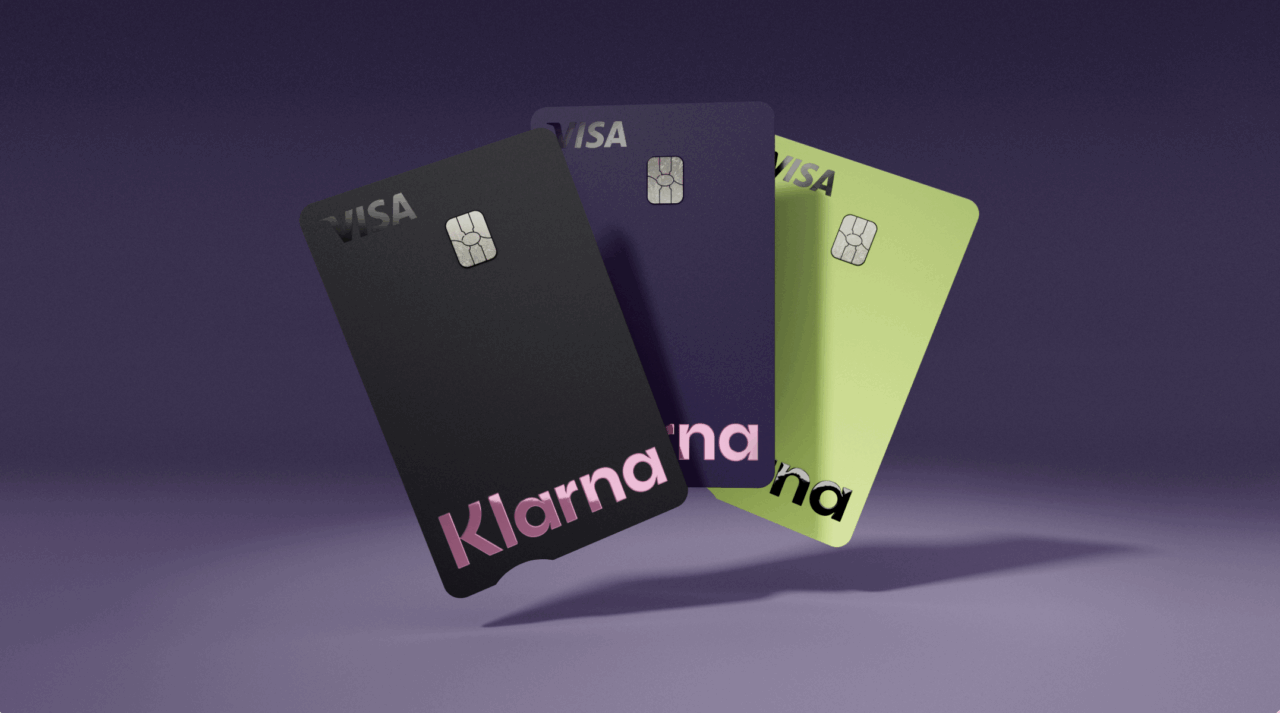
- Klarna’s debit card hit one million US sign-ups in just 11 weeks, reflecting strong consumer demand for flexible, seamless payment experiences.
- The card’s growth highlights the success of Klarna’s integrated model that combines commerce, payments, and banking features.
- Banks and fintechs should take note of Klarna’s playbook to meet customer expectations of unified ecosystems, modernized infrastructure, and agility.
BNPL leader Klarna revealed today that its debit card reached one million US sign-ups in just 11 weeks. The news from Klarna is certainly a testament to the company itself, which has freshly gone public. The growth also sends deeper signals about evolving consumer behavior, fintech product strategy, and what banks should do to stay relevant.
As a recap, Klarna launched its debit card in the US on July 4 of this year. The fintech is seeing 13,000 new US users sign up for debit cards each day, reaching a peak of 50,000 sign-ups on September 23. The card, which is aimed at consumers seeking a wider variety of payment options and timing, is different from other fintech debit cards on the market, as it adds BNPL flexibility to help shoppers pay on their own terms, wherever they shop.
“The amazing response to our card in the US shows just how strong the demand is for a fairer, more transparent way to pay,” said Klarna CMO David Sandström. “With the Klarna Card, consumers get the best of both worlds: the simplicity of a debit card with the flexibility of credit.”
What Klarna is doing right
There’s no denying that these numbers are staggering. They also highlight key aspects about Klarna.
First, the numbers reflect an increase in demand for seamless payments experiences. With its single card able to offer a variety of payment options, Klarna’s debit card provides a single wallet experience with integrated financial tools rather than multiple, disjointed products. The rapid increase in cardholders suggests users prefer an integrated payment experience that offers multiple payment options.
The data is also an indication of how Klarna has achieved an optimal trifecta in the fintech world. The company already combines commerce, payments, and banking features, and its debit card extends the reach of each of these elements even further.
Crucially, reaching one million debit cardholders in 11 weeks requires KYC, underwriting, fraud prevention, compliance, and scaling techniques that all work in unison. Klarna has been able to balance each of these elements, proving that its critical infrastructure is able to stand up under stress.
What banks can learn
Given each of these elements contributing to Klarna’s success, it’s worth taking a deeper look at what banks and fintechs can learn from this growth.
First, they should take a look at their own ecosystem to ensure their cards, deposits, credit, and payments products work together in an integrated manner, and do not exist in isolated silos. They should also seek to modernize their underwriting, fraud, and decisioning engines to support their onboarding flows. Banks should also work to prioritize agility, product iteration, and scaling infrastructure. For firms seeking to grow, infrastructure upgrades are no longer optional.
Risks and caveats
While we can look to Klarna as an example of growth, it’s important to keep in mind that there are a few hidden factors to consider. The fintech’s rapid growth does not necessarily guarantee that its operations are profitable. Orchestrating interchange revenue, default risk, and customer acquisition costs is tricky, and the debit card issuance numbers don’t offer a full picture of profit. Additionally, as issuance numbers like these increase, so will regulatory scrutiny. Because of this, compliance overhead for consumer protection and disclosures may worsen as scale increases.
When it comes down to it, Klarna’s milestone shows that consumers want flexible, unified payments. It is a warning signal to banks that hesitate moving forward to modernize and integrate their product stack. Slow-moving players risk being reduced to back-end utilities.
